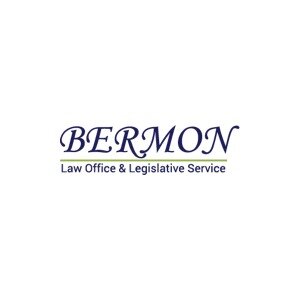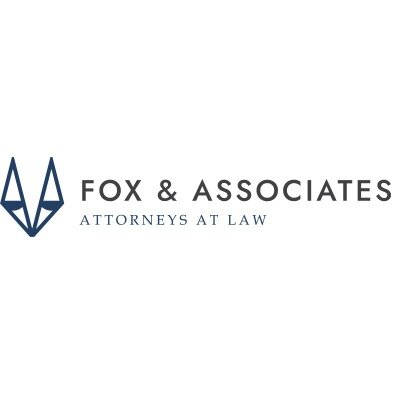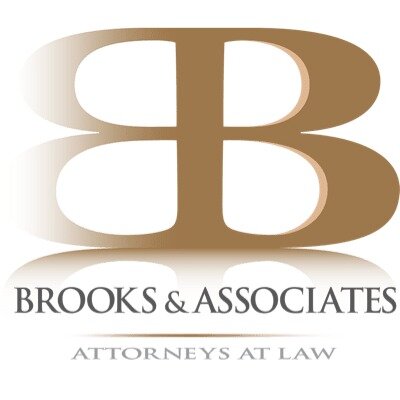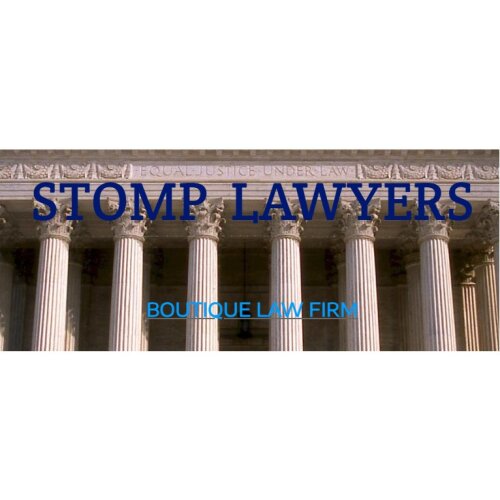Best Landlord & Tenant Lawyers in Philipsburg
Share your needs with us, get contacted by law firms.
Free. Takes 2 min.
Free Guide to Hiring a Real Estate Lawyer
List of the best lawyers in Philipsburg, Sint Maarten
About Landlord & Tenant Law in Philipsburg, Sint Maarten
Landlord & Tenant law in Philipsburg, Sint Maarten governs the relationship between landlords and tenants renting properties. It outlines the rights and responsibilities of both parties, including rent payments, property maintenance, lease agreements, and eviction procedures.
Why You May Need a Lawyer
You may need a lawyer for various reasons when dealing with Landlord & Tenant issues. Common situations include disputes over lease agreements, security deposits, eviction proceedings, property damage claims, and violations of tenant rights. A lawyer can provide legal advice, represent you in court, negotiate settlements, and ensure your rights are protected.
Local Laws Overview
In Philipsburg, Sint Maarten, key aspects of Landlord & Tenant law include regulations on lease agreements, rent control, eviction procedures, security deposits, property maintenance, and tenant rights. It is important to understand these laws to ensure you comply with legal requirements and protect your interests as a landlord or tenant.
Frequently Asked Questions
1. Can a landlord increase rent without notice?
No, landlords in Philipsburg, Sint Maarten must provide written notice before increasing rent, usually 30 days in advance.
2. What are the rights of tenants regarding repairs and maintenance?
Tenants have the right to live in a habitable property and can request repairs from the landlord. If the landlord fails to address maintenance issues, tenants may be able to withhold rent or seek legal action.
3. How can a tenant terminate a lease early?
Tenants may terminate a lease early by providing written notice to the landlord and following the terms and conditions specified in the lease agreement.
4. Can a landlord evict a tenant without proper legal procedures?
No, landlords must follow legal eviction procedures in Philipsburg, Sint Maarten, which typically involve providing written notice and obtaining a court order for eviction.
5. What rights do tenants have regarding security deposits?
Tenants are entitled to the return of their security deposit at the end of the tenancy, minus any deductions for damages or unpaid rent. Landlords must provide an itemized list of deductions within a specified timeframe.
6. Can a landlord enter the rental property without permission?
Landlords must provide reasonable notice before entering the rental property, except in emergencies or with the tenant's consent.
7. Are there rent control regulations in Philipsburg, Sint Maarten?
Yes, rent control regulations may apply to certain properties in Philipsburg, limiting the amount by which landlords can increase rent.
8. What can tenants do if they feel their rights are being violated?
Tenants who believe their rights are being violated can seek legal advice, file a complaint with the relevant authorities, or take legal action against the landlord.
9. Can a tenant sublet the rental property to someone else?
Tenants must obtain permission from the landlord before subletting the rental property to another person, unless otherwise specified in the lease agreement.
10. How can landlords enforce the terms of a lease agreement?
Landlords can enforce the terms of a lease agreement by taking legal action against tenants who violate the terms, such as eviction proceedings for non-payment of rent or property damage.
Additional Resources
For more information on Landlord & Tenant law in Philipsburg, Sint Maarten, you can contact the Department of Housing or seek assistance from legal aid organizations such as the Tenant Protection Association.
Next Steps
If you require legal assistance with Landlord & Tenant issues in Philipsburg, Sint Maarten, it is advisable to consult with a qualified lawyer who specializes in this area of law. They can provide you with personalized advice and guidance based on your specific situation. Additionally, you can explore alternative dispute resolution options, such as mediation or arbitration, to resolve conflicts outside of court.
Lawzana helps you find the best lawyers and law firms in Philipsburg through a curated and pre-screened list of qualified legal professionals. Our platform offers rankings and detailed profiles of attorneys and law firms, allowing you to compare based on practice areas, including Landlord & Tenant, experience, and client feedback.
Each profile includes a description of the firm's areas of practice, client reviews, team members and partners, year of establishment, spoken languages, office locations, contact information, social media presence, and any published articles or resources. Most firms on our platform speak English and are experienced in both local and international legal matters.
Get a quote from top-rated law firms in Philipsburg, Sint Maarten — quickly, securely, and without unnecessary hassle.
Disclaimer:
The information provided on this page is for general informational purposes only and does not constitute legal advice. While we strive to ensure the accuracy and relevance of the content, legal information may change over time, and interpretations of the law can vary. You should always consult with a qualified legal professional for advice specific to your situation.
We disclaim all liability for actions taken or not taken based on the content of this page. If you believe any information is incorrect or outdated, please contact us, and we will review and update it where appropriate.












